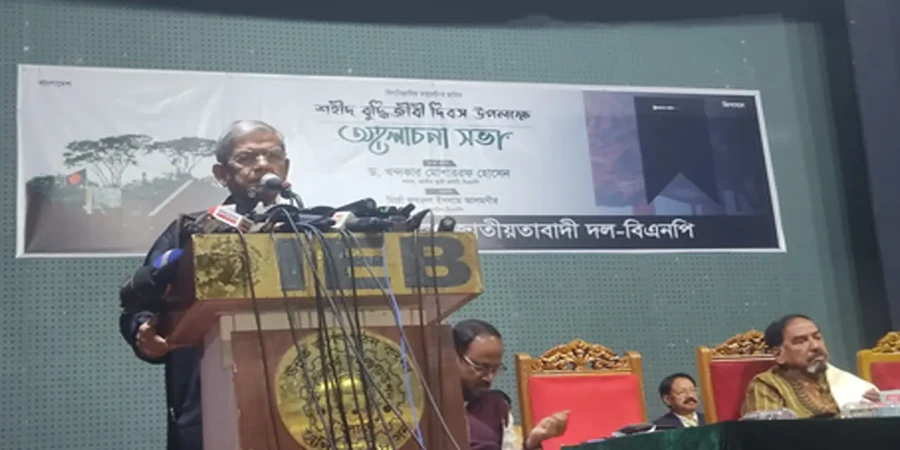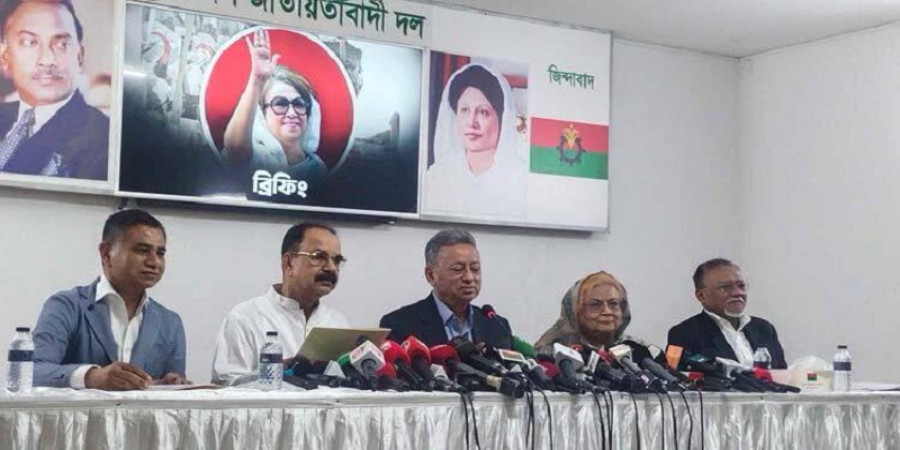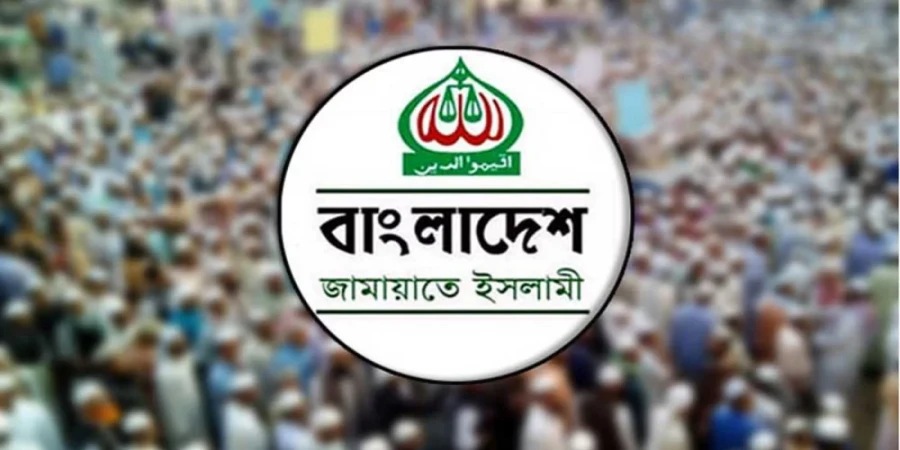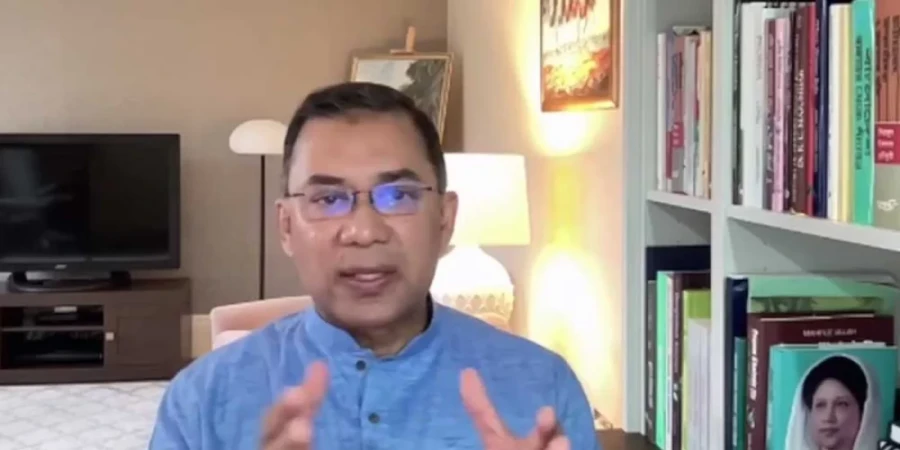
ছবি: Mirza Fakhrul Islam Alamgir speaking at a meeting organized on the occasion of Martyred Intellectuals Day.
Bangladesh Nationalist Party (BNP) Secretary General Mirza Fakhrul Islam Alamgir has stated that the party must continue its efforts until democracy is institutionalized in the country. He made the remarks during a discussion meeting held on Friday, December 13, at the Engineers’ Institution auditorium in Dhaka, commemorating Martyred Intellectuals Day.
In his speech, Fakhrul emphasized the long road ahead for his party and its supporters, stating that while some believe the departure of Sheikh Hasina signals the end of their struggle, the reality is far from it. Fakhrul noted that their movement would continue until the election and beyond, as it is essential to transform the political culture of the nation into one rooted in democracy. He added that building such a system requires unwavering dedication and a long-term vision.
Fakhrul urged party activists to honor the memory of those who sacrificed their lives for the nation, emphasizing the importance of becoming citizens who actively contribute to a democratic society. He called on BNP members to pledge their commitment to the ideals of the party's founder, Shaheed President Ziaur Rahman, and its leaders Khaleda Zia and Tarique Rahman.
He highlighted the essence of democracy, describing it as a culture and a way of life that promotes tolerance, respect for differing opinions, and mutual understanding. Fakhrul underscored the need to learn how to engage respectfully with political opponents and neighbors, stating that democracy is not about eliminating rivals but about ensuring everyone’s right to express their views.
Reflecting on the challenges the party faces, Fakhrul described the current time as one of the most critical in the country’s history. He warned that even a single misstep could lead to setbacks and called on his party members to remain vigilant and well-informed about the country’s history, especially the events surrounding the sacrifices of intellectuals during the Liberation War.
Fakhrul drew parallels between the abduction of intellectuals in 1971 and the current regime’s alleged use of fear and suppression tactics, such as enforced disappearances. He accused the government of using similar methods to silence dissent and consolidate power, claiming that such actions were aimed at making Sheikh Hasina’s rule permanent.
Paying tribute to the martyred intellectuals and freedom fighters, including Ziaur Rahman, Fakhrul criticized attempts to distort the nation’s history. He expressed concern over efforts to downplay the significance of 1971 and urged everyone to remain vigilant against such conspiracies. Fakhrul also highlighted how the past 15 years of governance had witnessed repeated attempts to rewrite history to serve political agendas.
Fakhrul condemned remarks made by an advisor to the interim government, who accused political parties of working to undermine the interim administration. He called the statement baseless and demanded its withdrawal, urging the government to avoid treating political parties as adversaries. Fakhrul reiterated BNP’s stance that the failure of the government would equate to a failure for the nation as a whole.
Speaking about the global outreach of the ruling Awami League, Fakhrul alleged that Sheikh Hasina had fled to India and was actively working from there to undermine BNP’s efforts. He claimed that Hasina had already held virtual meetings with Awami League members abroad to strategize counter-campaigns. Fakhrul urged BNP activists to counter the ruling party’s misinformation and propaganda by becoming more active on social media platforms like Facebook and Twitter.
The discussion was chaired by Mirza Fakhrul and moderated by BNP’s publicity secretary Sultan Salahuddin Tuku. Other notable speakers included BNP Standing Committee members Abdul Moin Khan, Salahuddin Ahmed, Selima Rahman, and Hafiz Uddin Ahmed, as well as economist Professor Mahbub Ullah and Dhaka University Pro-Vice-Chancellor Professor Mamun Ahmed.
repoter






